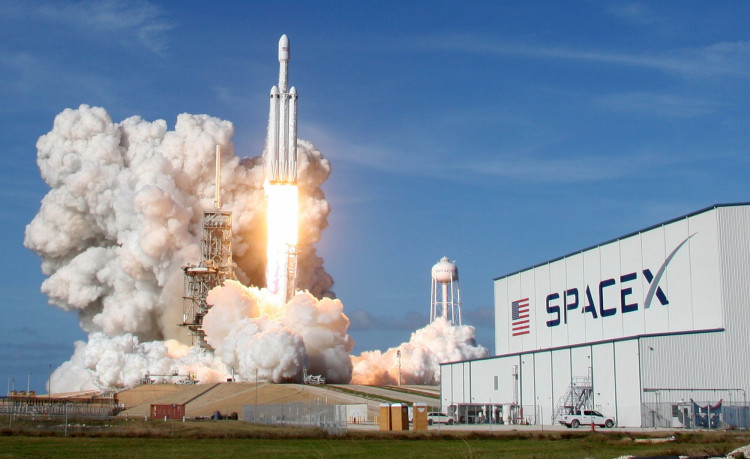Elon Musk's SpaceX is preparing to file a lawsuit against the Federal Aviation Administration (FAA), alleging "regulatory overreach," following a series of fines imposed by the agency. The fines, which total more than $630,000, stem from alleged safety violations during two SpaceX launches in 2023. This legal confrontation underscores the ongoing tension between the aerospace giant and federal regulators as SpaceX continues to push the boundaries of commercial space travel.
Background on the Dispute
The FAA announced earlier this week that it had identified three safety violations related to SpaceX's PSN SATRIA mission in May 2023 and the EchoStar XXIV/Jupiter mission in July 2023. These violations, according to the FAA, involved SpaceX proceeding with unauthorized changes to its launch protocols despite explicit warnings from the agency not to do so.
In the first instance, SpaceX reportedly utilized an unapproved launch control room and omitted a critical pre-launch readiness poll before the PSN SATRIA mission. For the EchoStar mission, SpaceX allegedly used an unapproved rocket propellant farm, which further violated the terms of its FAA-issued license.
The FAA has proposed fines of $175,000 for each of the violations during the June 18 PSN SATRIA mission and an additional $293,009 for the July 28 EchoStar mission. SpaceX has 30 days to respond to these allegations, either by contesting the fines or by providing additional information to support its actions.
Elon Musk's Response
In response to the FAA's actions, Elon Musk took to X, the social media platform he owns, to express his frustration and announce SpaceX's intention to sue the FAA. Musk labeled the fines as another instance of "lawfare" and criticized the agency's oversight as excessive. "SpaceX will be filing suit against the FAA for regulatory overreach," Musk declared in a post on Tuesday.
This is not the first time SpaceX has clashed with regulators. The company has previously criticized the FAA for what it describes as bureaucratic delays and unnecessary regulatory hurdles, particularly when it comes to the licensing and approval process for its innovative and ambitious space missions.
FAA's Position on Safety and Compliance
The FAA, for its part, has maintained that its actions are driven by a legal and moral responsibility to ensure safety in the burgeoning field of commercial spaceflight. "Safety drives everything we do at the FAA, including a legal responsibility for the safety oversight of companies with commercial space transportation licenses," said Marc Nichols, FAA Chief Counsel, in a press release.
Nichols emphasized that non-compliance with safety requirements will inevitably result in consequences, highlighting the importance of adhering to established protocols to protect both the public and those involved in space missions.
The Broader Context of SpaceX's Regulatory Challenges
SpaceX's aggressive stance against the FAA comes at a time when the company is setting new records in the space industry. In 2023 alone, SpaceX successfully completed 96 orbital rocket launches, surpassing its previous annual record. The company also achieved a milestone with the first-ever commercial spacewalk conducted by a civilian crew.
However, these achievements have not been without challenges. The rapid pace at which SpaceX operates has often put the company at odds with regulatory bodies that must balance innovation with safety. The FAA's recent fines are the latest in a series of regulatory actions that have targeted SpaceX's operations. Earlier in 2023, the FAA fined SpaceX $175,000 for failing to submit data on a Falcon 9 rocket's trajectory, which the agency deemed a critical oversight.
What's Next for SpaceX and the FAA?
With SpaceX preparing to take legal action, the case is likely to draw significant attention to the relationship between federal regulators and the private space industry. The outcome of this lawsuit could have far-reaching implications, not only for SpaceX but for the regulatory framework governing commercial spaceflight in the United States.
For now, SpaceX must decide how it will respond to the FAA's fines and whether it will seek an informal resolution through discussions with the agency or proceed with a full legal battle. Meanwhile, the FAA continues to assert its authority, reinforcing the idea that innovation in space travel must not come at the expense of safety and compliance with established regulations.






